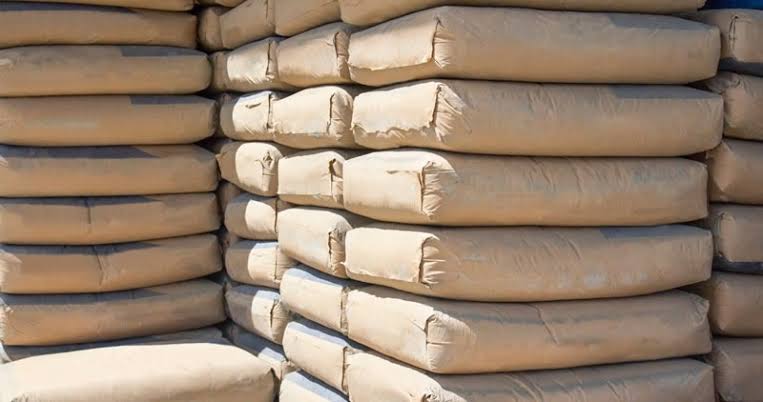Nigerians hoping for a reduction in cement prices might be disappointed due to several economic factors. The depreciation of the Naira and rising inflation are major contributors to the high cost of cement.
One significant issue is smuggling. Cement is being smuggled into neighboring countries like Chad and Cameroon, where a 50kg bag can cost between $120 and $150. When converted at the current exchange rate of ₦1,600 per dollar, this translates to a price of ₦240,000 to ₦270,200 per bag—far more than the local price of ₦8,000 in Nigeria. This price gap has fueled smuggling activities, reducing the availability of affordable cement for local consumers.
Rising production costs are also a major concern. The top three cement manufacturers in Nigeria—Dangote Cement, Lafarge Africa, and BUA Cement—have experienced a significant increase in production expenses. Their combined revenue grew by 84.5% to ₦1.116 trillion in Q1 2024, but production costs surged by 121% to ₦586.6 billion. This increase in costs led to a 4.1% drop in their combined Profit Before Tax.
Industry experts suggest that reducing import duties on cement manufacturing components could attract more foreign investment and help lower prices. However, according to a source from Lafarge Africa, the cement industry is facing challenges due to high input costs, including those for machinery and energy. Erratic electricity supply and rising gas prices, which are indexed to the US dollar, are contributing to these increased costs.
Kabiru Rabiu of BUA Cement highlighted that while local mining costs are relatively low, energy and other production costs are heavily influenced by the exchange rate. As the Naira weakens, these costs rise, further driving up cement prices.
In summary, without addressing the root causes of high production costs and smuggling, it is unlikely that cement prices in Nigeria will decrease anytime soon.







